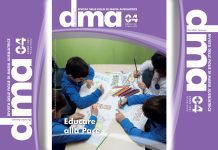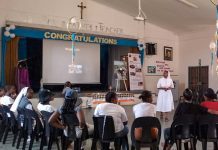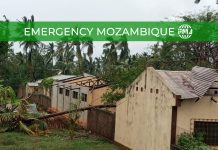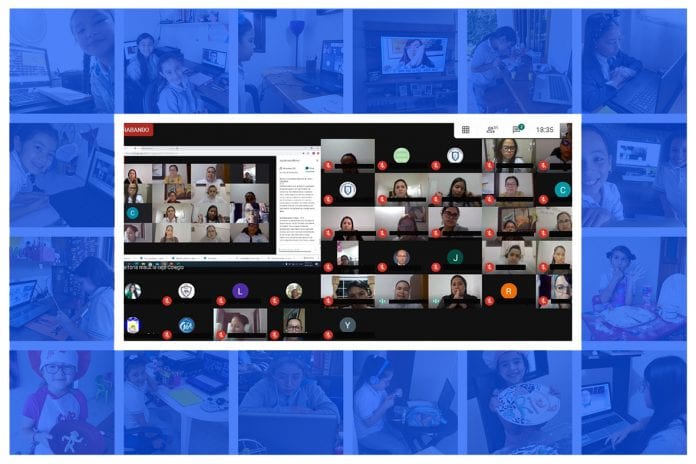Medellin (Colombia) The Colombian Province of St. Mary Mazzarello of Medellin (CMM), during the lockdown due to the Covid-19 pandemic, found itself facing challenges to ensure the didactic continuity for the students of its works. These are mainly due to three aspects: the lack of technological tools in student homes, the lack of digital skills on the part of teachers, and the scarcity of modern technological infrastructures and equipment in the province’s educational works.
In the technical area, a strategic plan was drawn up to modernize and qualify technological infrastructures in the medium and long term. The first step, however, was to provide digital resources to the students so they could access study from their homes. They were also provided with economic support to finance the Internet service, and didactic materials were prepared in paper format to be distributed in the homes of those who live in the countryside and do not have access to the networks.
The economic aspect was one of the most significant to be addressed. As a Province, educational costs for families have been reduced, thus helping needy families. The situation led to the creation of alliances and a network of support with foundations and wealthy families to facilitate those in difficulty. Faced with this global crisis, internal choices of essentiality and resource optimization have been made.
Another challenge was pedagogical formation. The collaboration between the teaching teams has allowed the redefinition of the educational proposal, which has been worked out on a priority basis. Various channels have been activated to make communication between the various interlocutors constant, assertive, and empathic, using multimedia platforms for online meetings. Each educational work has programmed times and methods to foster the sense of belonging, the family spirit, unity, and the construction of a horizon of shared meaning, which has led to the discovery of a new way of living and working together.
Finally, youth ministry has done everything possible to continue to promote growth in the faith of young people and the assumption of civic commitments. The pastoral proposal has been adapted to be usable through the web, and the processes of Christian human formation have been re-dimensioned, trying to ‘illumine’ and make sense of the time of the pandemic. The Salesian Youth Movement and the Groups of the Salesian Family have worked online with the support of virtual means. The experiences of pre-sacramental catechesis were sustained and solidarity campaigns launched to meet the most needy.
Challenges related to the pandemic are not lacking but, starting from this experience, the CMM Province continues in its commitment to offer children and young people in their realities an education for life and to promote the development of reflective, critical thinking and the exercise of citizenship, with the certainty that Our Lady of ‘difficult times’ will continue to guide our steps.




















